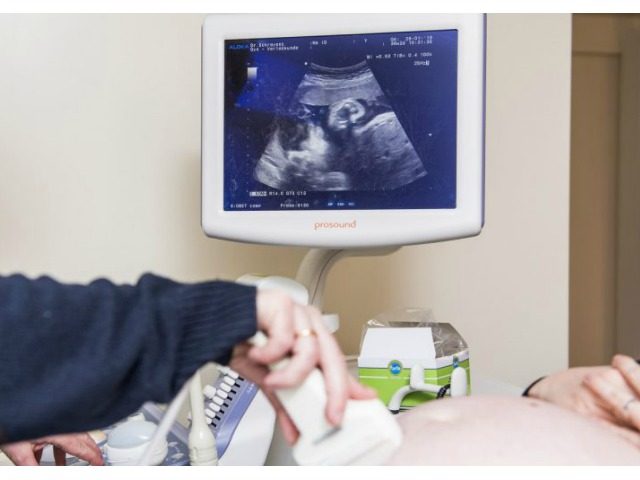Planned Parenthood and a local abortion clinic filed a federal lawsuit against South Carolina one day after Gov. Henry McMaster (R) signed into law a bill that would ban most abortions once a fetal heartbeat can be detected.
Judge Mary Geiger Lewis of U.S. District Court for the District of South Carolina, a Barack Obama appointee, granted a 14-day temporary restraining order that blocks enactment of the law.
Lewis said the law was “plainly unconstitutional” and that she would renew the restraining order upon its expiration prior to a March 9 hearing, the Post and Courier reported.
“Today, abortion remains safe and legal in South Carolina, and politicians’ plan to restrict access to health care has failed,” Jenny Black, CEO of Planned Parenthood South Atlantic, said in a statement. “Gov. McMaster: South Carolinians need a COVID-19 plan, not an abortion ban. Our patients deserve more from their elected leaders”:
McMaster, however, reacted to the lawsuit by repeating, “We will defend this law every step of the way. No lawsuit can weaken our resolve to fight for life”:
According to the news report, Lewis repeatedly questioned an attorney from the office of South Carolina Attorney General Alan Wilson on the issue of how the law, which would ban most abortions after the sixth or seventh week of pregnancy, could be consistent with U.S. Supreme Court precedent that women have a constitutional right to abortion.
“I mean, my God, we’re not talking about a week or two” prior to viability outside the womb, Lewis reportedly said. “We’re talking about way before viability, months before.”
Meanwhile, South Carolina Deputy Solicitor General Emory Smith argued that, with three new Supreme Court justices, the Court’s precedent in the landmark 1973 case of Roe v. Wade and subsequent decisions could be reconsidered.
Smith observed the Supreme Court has not ruled on the “heartbeat” laws passed in other states, some of which are now in appeals.
If Lewis grants Planned Parenthood and Greenville Women’s Clinic a more permanent preliminary injunction in March, South Carolina can then file an appeal.
The Post and Courier reported:
Lewis voiced skepticism that any argument from the state could prevent that preliminary injunction, though she said she would give them until March 2 to submit briefs laying out their case.
“I don’t think there’s anything else that would assist me,” Lewis said.
In a statement following the suspension of the law, Wilson said he believes South Carolina’s law is constitutional and “deserves a vigorous defense to the U.S. Supreme Court if necessary.” He added:
Every generation has a right and a duty to revisit issues as important as this one. The Heartbeat Law protects life. Nothing is more important or fundamental. Today’s temporary restraining order is only a first step, but the legal fight has just begun. We look forward to further arguing why this law should be valid.
The legislation, called the South Carolina Fetal Heartbeat and Protection from Abortion Act, would require an abortion provider to test for a detectable fetal heartbeat prior to performing the procedure. If a heartbeat is detected, abortion is prohibited, except for a medical emergency.
An abortion provider who performs an abortion once a fetal heartbeat is detected “is guilty of a felony and, upon conviction, must be fined ten thousand dollars, imprisoned not more than two years, or both,” the bill states.
Planned Parenthood profits from abortion. In its most recent annual report, the organization indicates it performed 354,871 abortions in year 2019-2020, nearly 9,200 more than the 345,672 performed in the previous year.
In recent years, as Planned Parenthood has struggled with the Trump administration’s pro-life agenda and more states passing pro-life legislation, the organization has risen to become a giant in the transgender medical industry, which supports ending the legal recognition of biological sex in favor of gender identity.
Planned Parenthood now boasts it is the “second largest provider” of transgender hormone treatments in the nation.

COMMENTS
Please let us know if you're having issues with commenting.